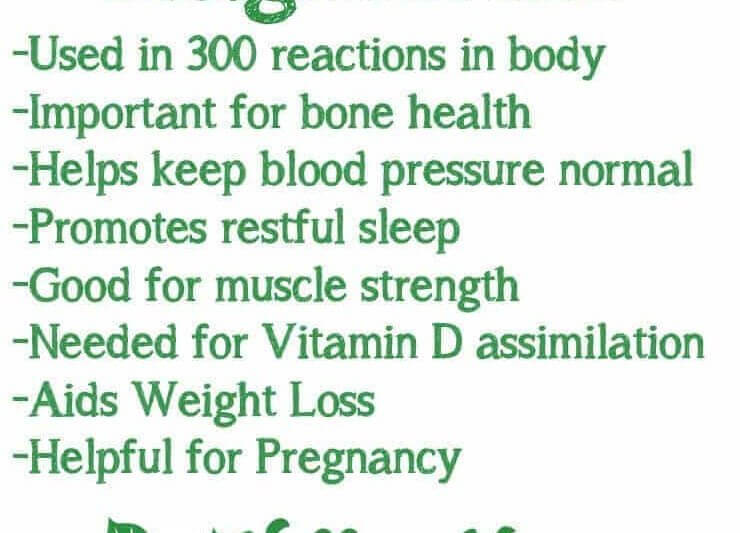

Philadelphia: Wolters Kluwer Health, Lippincott Williams & Wilkins c2014. Brunner & Suddarth's Handbook of Laboratory and Diagnostic Tests. Learn more about laboratory tests, reference ranges, and understanding results. If you have questions about your results, talk to your health care provider. If your results show you have too much magnesium, your provider may recommend IV therapies (medicine delivered directly to your veins) that can remove excess magnesium. If your results show you have a magnesium deficiency, your health care provider will probably recommend you take magnesium supplements to raise levels of the mineral.

If your results show you have a higher than normal amount of magnesium, it may be a sign of:

Magnesium orotate might have a protective role in heart disease. A preliminary clinical study in people with heart failure found that giving 6,000 mg of magnesium orotate daily for one month, followed by 3,000 mg daily for 11 months reduced the risk of dying during the study by about 25%. In contrast, you can get the same amount of magnesium for as little as 2 cents, as shown in 's Magnesium Supplements Review. To get, for example, 200 mg of magnesium from magnesium orotate supplements you might spend 10 to 18 cents. In fact, magnesium orotate probably isn't the best choice as a magnesium supplement for preventing or treating magnesium deficiency because it doesn't appear to offer an advantage over others and it can cost up to 9 times more than other magnesium products. However, research does not show that minerals (such as magnesium or zinc) bound to orotic acid have improved absorption ( Andermann, Eur J Drug Metab Pharmacokinet 1982). As a magnesium supplement, it is often promoted as a better source of magnesium than other forms (e.g., magnesium oxide) due to improved absorption. Some websites claim that orotate carries magnesium across cell membranes and produces higher levels of magnesium within the cells.


 0 kommentar(er)
0 kommentar(er)
